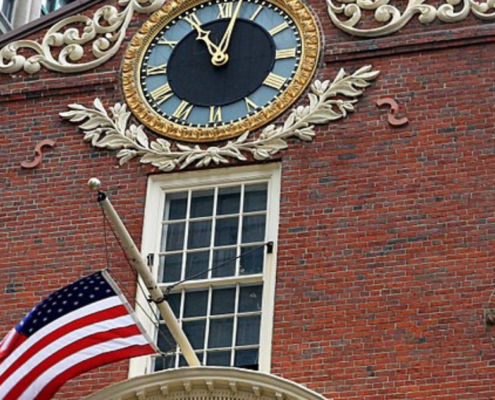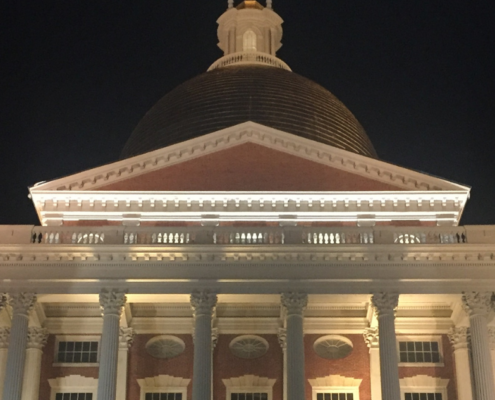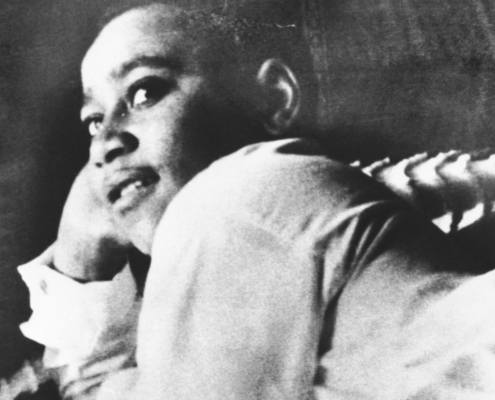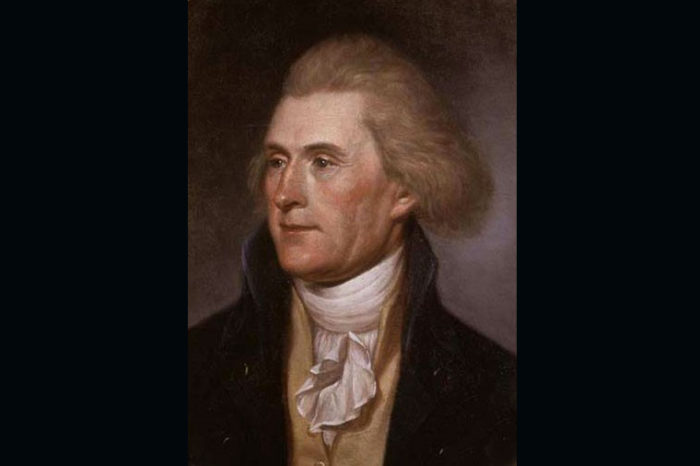Op-ed: Time is right to study Jefferson in our schools
/0 Comments/in Featured, News, Oped: US History, US History /by Jamie GassBy Jamie Gass and Will Fitzhugh
“Students of reading, writing, and common arithmetick . . . Graecian, Roman, English, and American history . . .,” Thomas Jefferson advised about democratic education, “should be able to guard the sacred deposit of the rights and liberties of their fellow citizens.”
Friday marks the 275th anniversary of Jefferson’s birthday. Given his world-changing achievements, this milestone is worthy of recognizing — and of being taught in our public schools. His contributions to the American civilization are incalculable; he was a revolutionary, statesman, diplomat, man-of-letters, scientist, architect, and apostle of liberty.
Rather than forcing a titan like Jefferson to conform to our era’s often Lilliputian-style narcissism, we should study history by entering the past with imagination and humility.
In drafting the Declaration of Independence, the most elegant and universally quoted political document in history, Jefferson displayed his greatest talents. He powerfully combined literary language and self-evident truths to shape the legal and political future of the United States.
Read more of this op-ed in your favorite news outlet: The Standard Times of New Bedford, The Berkshire Eagle, The Salem News, The MetroWest Daily News, The Providence Journal, and Gloucester Times, and The Daily Caller.
Get Updates On Our US History Initiative
Related Posts:

Never Forgetting – Holocaust Remembrance Day – 25 Resources for K-12 Students

Pulitzer Winner Taylor Branch on MLK, Civil Rights History, & Race in America

Ignat Solzhenitsyn on His Father’s Nobel Prize-Winning Fight with Communism

Oxford & UCLA Pulitzer Winner Prof. Daniel Walker Howe on Horace Mann, Common Schools, & Educating for Democracy

The 400th Anniversary of the Mayflower – 15 Resources for K-12 Students

UConn’s Prof. Wayne Franklin on James Fenimore Cooper, The Last of the Mohicans, & American Democracy

Disputing Democracy – 5 Contentious U.S. Presidential Elections – Resources for K-12 Education

Nationally Recognized Author Tara Ross on the Importance of the Electoral College

Pulitzer-Winning Author Stacy Schiff on the Salem Witch Trials

The Houses of Great American Writers – 25 Resources for K-12 Education

Award-Winning Writer Brenda Wineapple on the 170th Anniv. of The Scarlet Letter & Pres. Andrew Johnson’s Impeachment

International Best-Seller Dr. Jung Chang On Wild Swans, Mao’s Tyranny, & Modern China

“Architecture is Frozen Music” Great Massachusetts Buildings – 25 Resources for K-12 Education

“City Upon a Hill” Massachusetts Monuments & Memorials: 25 Resources for K-12 Education




